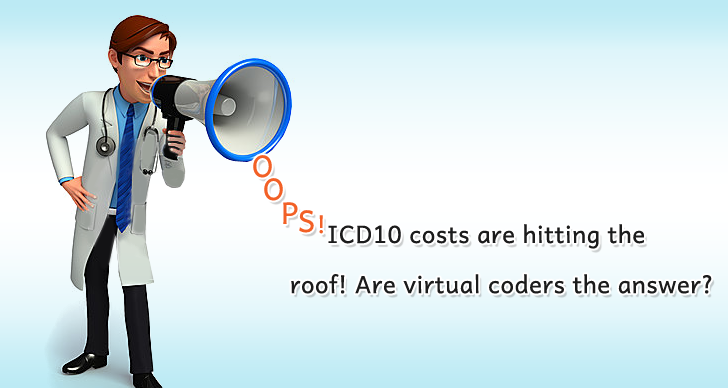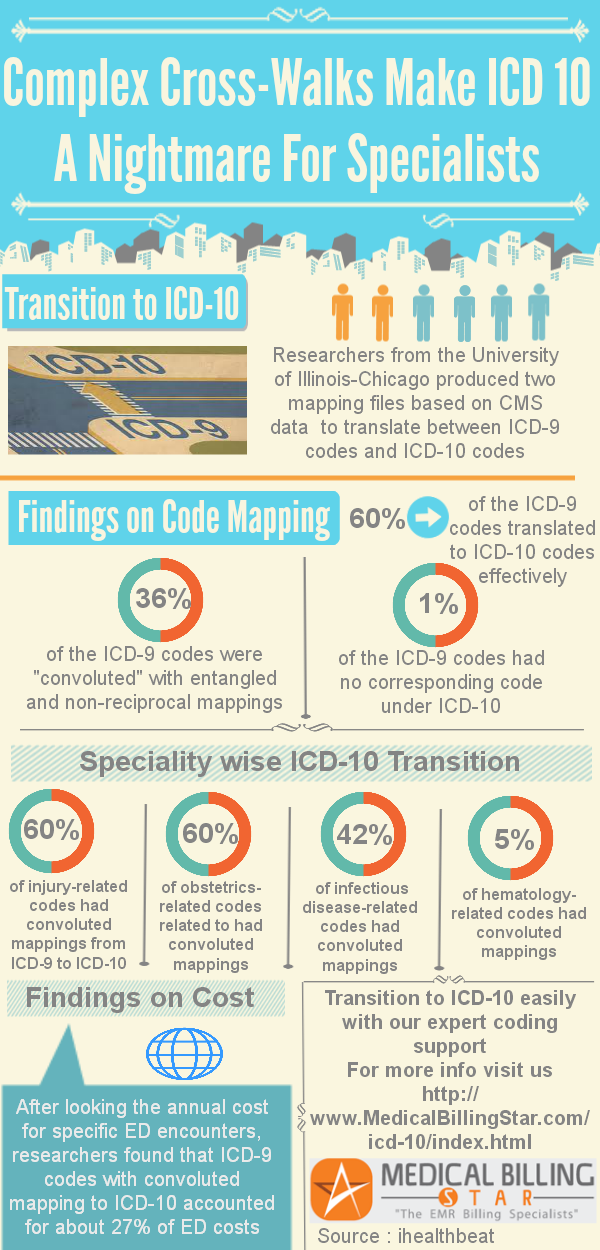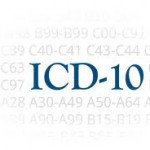Eyes to the skies! ICD-10 costs are skyrocketing!
The titters have died down! Forget those jokes about walking into a lamppost and macaw bites. ICD-10 is going to bite medical practices much harder. With the deadline for implementing ICD-10 looming closer. It is time for medical practices to do more than just wait for the next pushback announcement.
As every day, news trickles about the cost of implementation and the impending deadline, physicians are shaking in their boots. But there is little hope for another deadline shift.
The shocking increase in costs over the last four years!
The approximate cost for implementing ICD-10 in 2008 was $83290. Four years down the lane the costs have escalated to $226,105.
Medium sized practices are going to feel the pinch as well; from costs estimated to be 285,195 in 2008 it has now skyrocketed to 824,735. And the costs are going to be as much as 8 million dollars for large sized medical practices.
The costs come as a sticker shock for medical practices that are still reeling under the pressure of accommodating the enormity and breadth of ICD-10. Medical coders who were using a coding system for several years are now faced with the challenge of working with codes that are absolutely foreign to them.
Though people on the other side of the wagon argue that greater specificity can help researchers and increase reimbursements, long term pay offs mean short term losses.
It is not going to be an easy transition…
Well almost everybody knew it! Right from the day ICD-10 was announced there have been voices of dissent. But as the deadline draws near it is clear that physicians have been caught off guard. It is going to change the workflow of medical practices and medical practitioners are justifiably, freaked out.
Still don’t have an ICD-10 coder?
Practices cannot afford to bill without a trained coder. Hiring novices means struggling under a deluge of rejected medical claims. An increasing number of medical practices are thinking of hiring virtual coders. Or, fall back on the time tested solution of outsourcing.
It is the hour of reckoning and practices should either ramp up their implementation process or stay behind. Complaining about the costs is not going to help physicians. Trying, to find ways to protect their revenue stream, and, investing in the new coding system, will.




